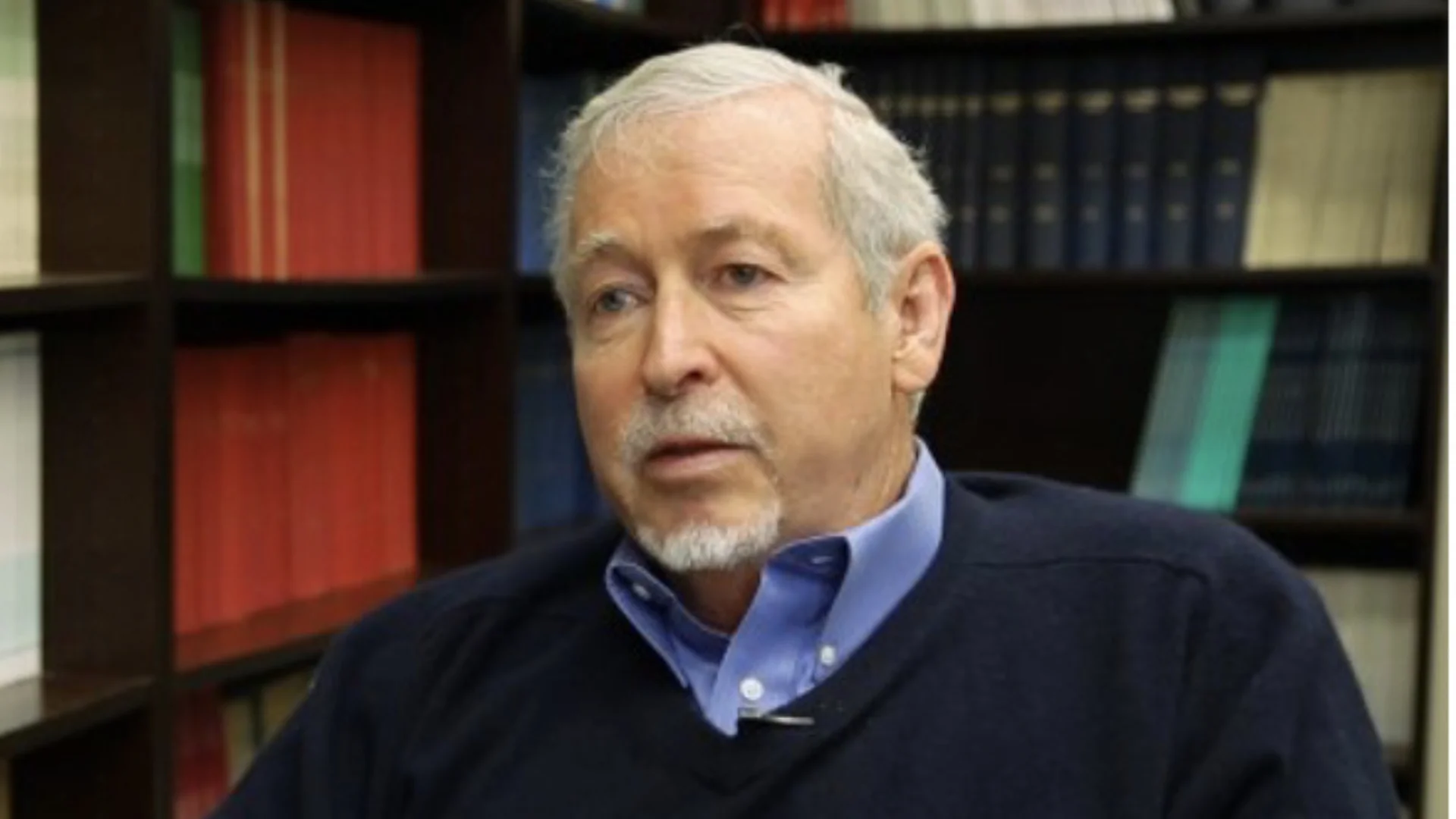
Dr. Ben Williams professor of psychology at the University of California San Diego | Official Website
Dr. Ben Williams, a professor of psychology at the University of California San Diego, was diagnosed in 1995 with glioblastoma multiforme, an aggressive form of brain cancer. At the time, he was given only a few months to live. Reflecting on his experience, Williams said:
“When I was diagnosed with brain cancer, I knew almost nothing about the disease, other than it was one of the worst medical diagnoses you can get. … I hadn’t even heard of a glioblastoma at that point. I was told it was the worst kind of tumor you could have, and that nobody survived it. … For the first several months, most of my thinking was: I’m going to die — how am I going to deal with it? I thought a lot about death. When you receive a diagnosis that everyone tells you is terminal, that no one survives it, it’s impossible not to become depressed by that information. I look at pictures from that period of time, and clearly I was depressed. It wasn’t until I began doing research that said there was a possibility, that there are things that you can do that would be helpful, that I began to think, ‘Well, this is worth at least making the fight.’”
Williams’ story highlights how receiving a serious medical diagnosis can have profound personal effects and prompt individuals to reconsider their priorities and approach to life and health.
Father Tadeusz Pacholczyk addresses similar themes in his reflections on health and illness. He notes that as people age or face serious illnesses, they may begin to see physical health as an “absolute” good and experience sadness or depression as their health declines. This situation can sometimes lead individuals toward considering physician-assisted suicide or euthanasia.
Pacholczyk argues that while life and health are important because they allow people to pursue relationships and other goals, they should not be viewed as rights or absolute goods. He emphasizes the idea that health is fragile and temporary—a gift rather than something people are entitled to.
He also discusses how both physical ailments and mental health challenges are common aspects of life’s journey for many people. According to Pacholczyk, facing these difficulties offers opportunities for growth by fostering connections with others when assistance is needed.
He suggests three approaches when dealing with worsening health: taking responsible steps for treatment; reflecting more deeply on the meaning behind suffering; and accepting one's situation without resorting to desperation or actions like assisted suicide.
Accepting illness can help individuals prepare for end-of-life questions about meaning and what might come after death. Pacholczyk concludes by suggesting both good health and sickness can point toward higher spiritual goods.
Father Tadeusz Pacholczyk holds a doctorate in neuroscience from Yale University with post-doctoral work at Harvard University. He serves as Senior Ethicist at The National Catholic Bioethics Center in Philadelphia.
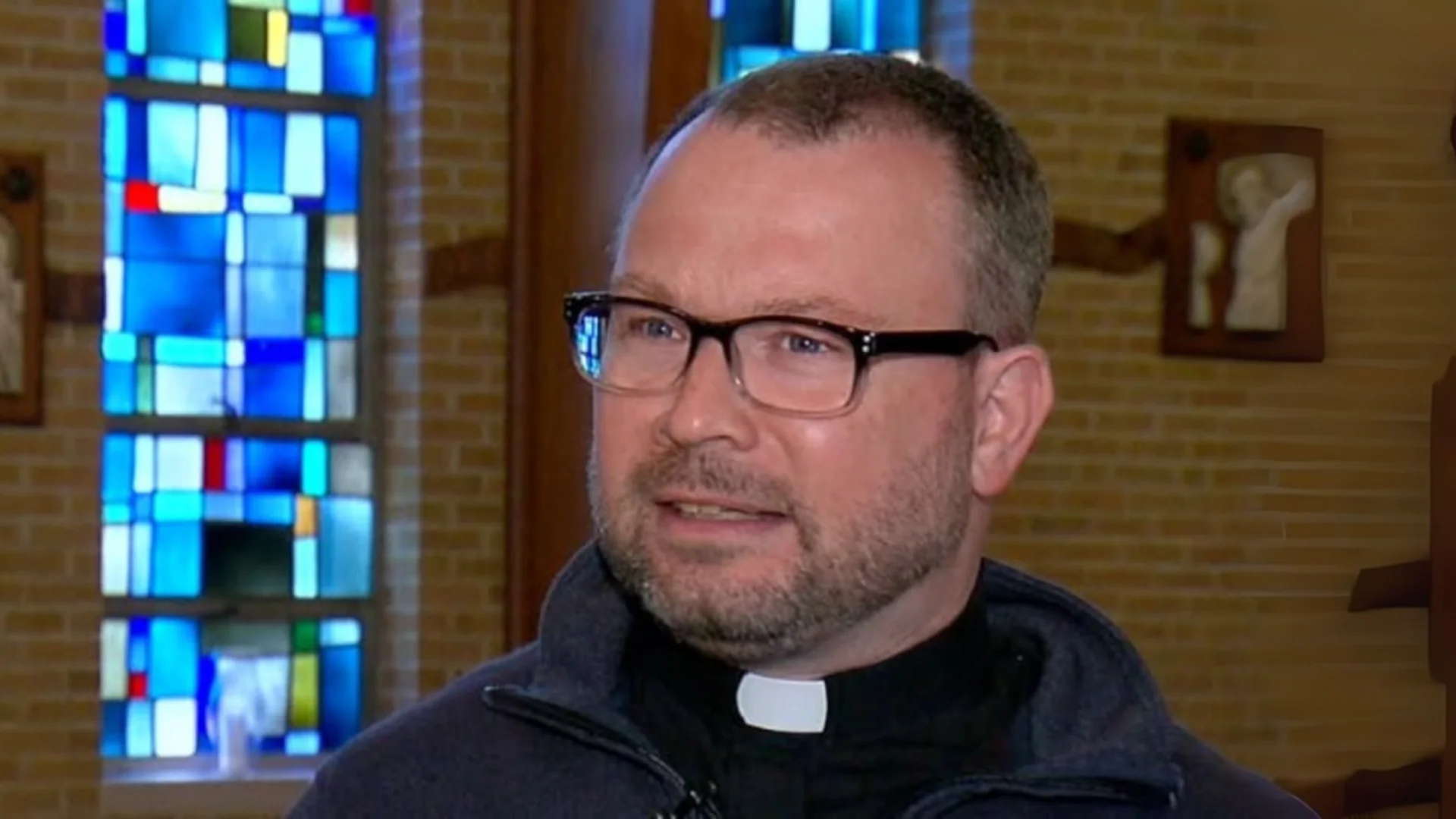
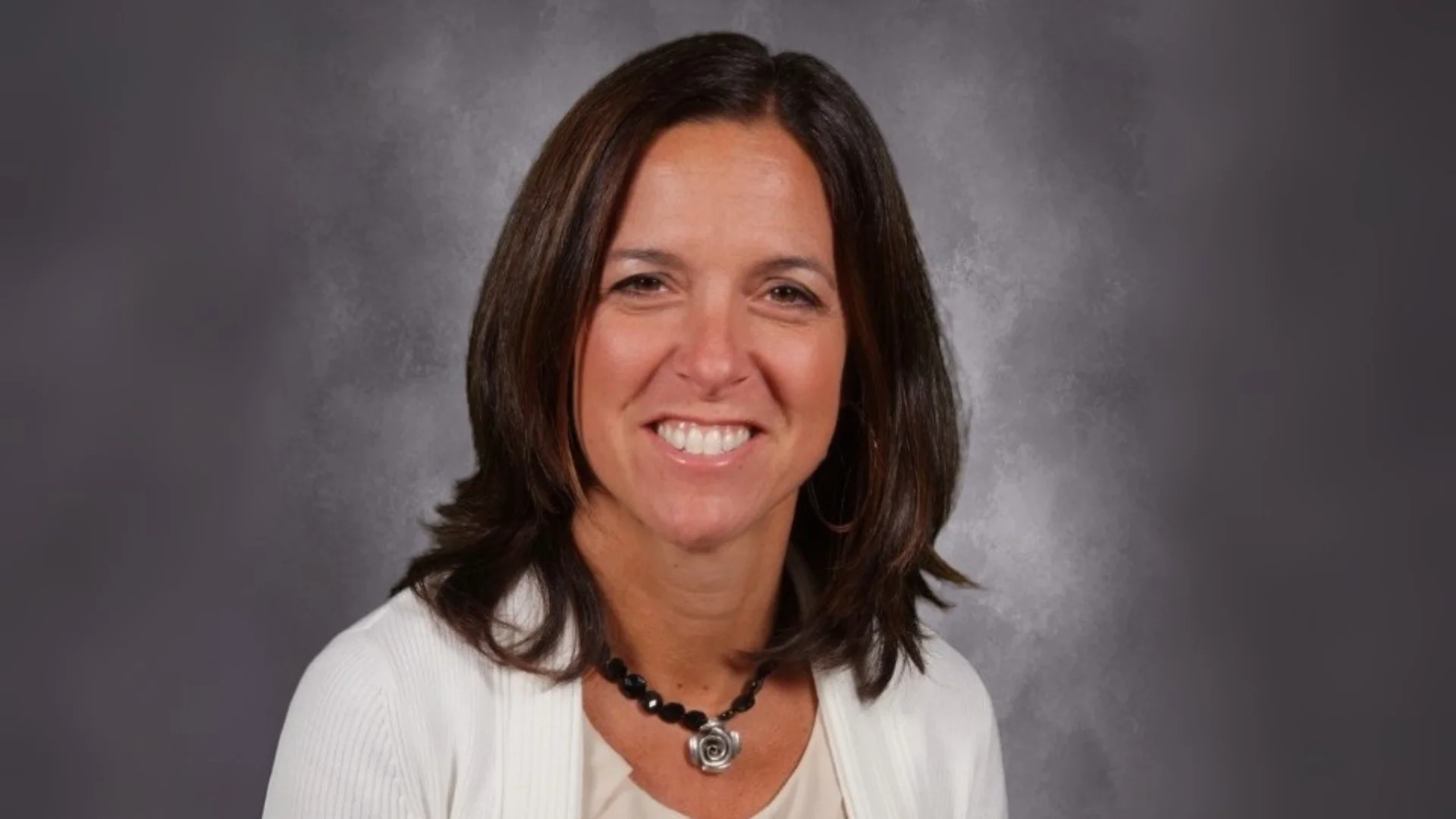
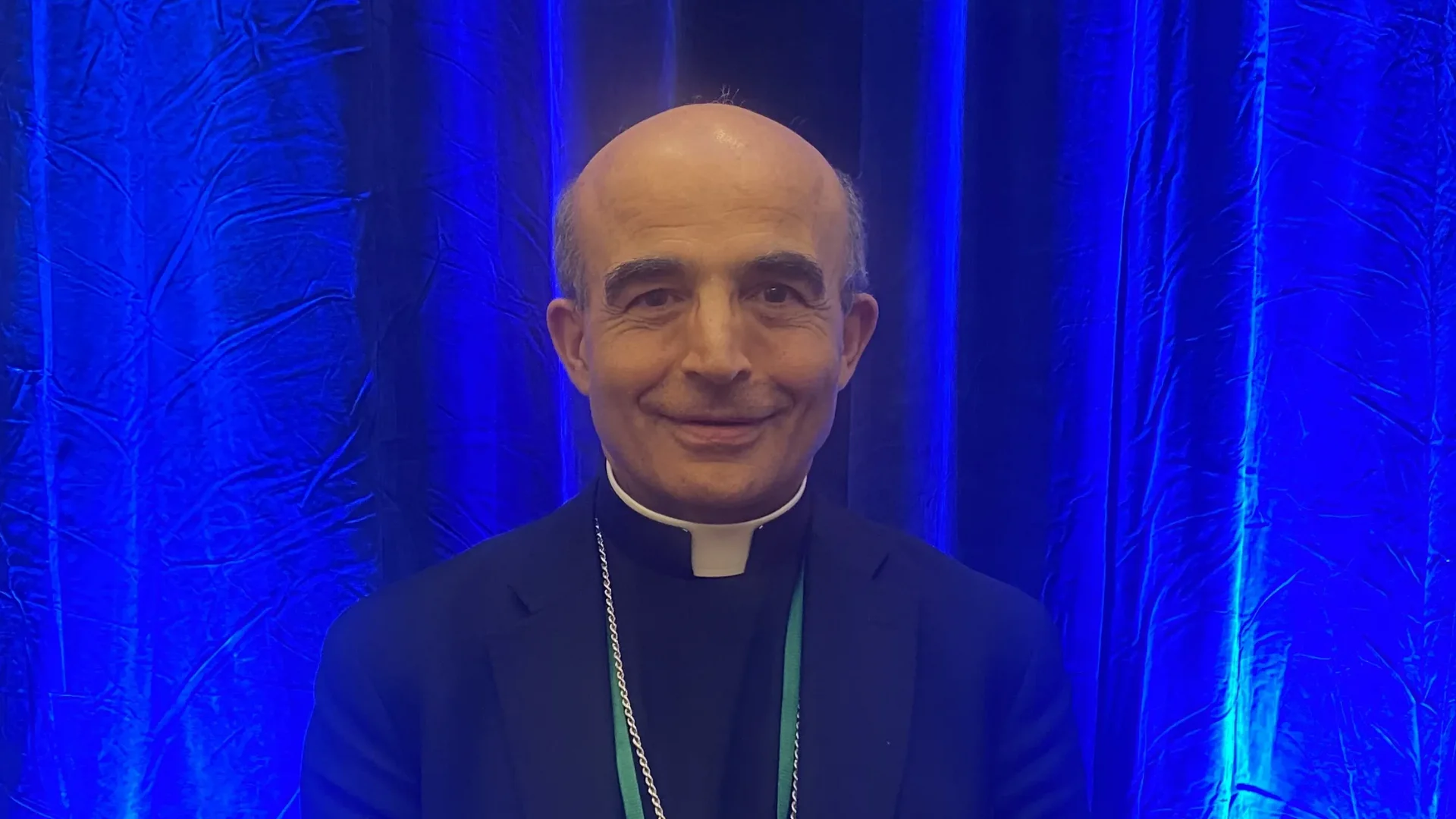
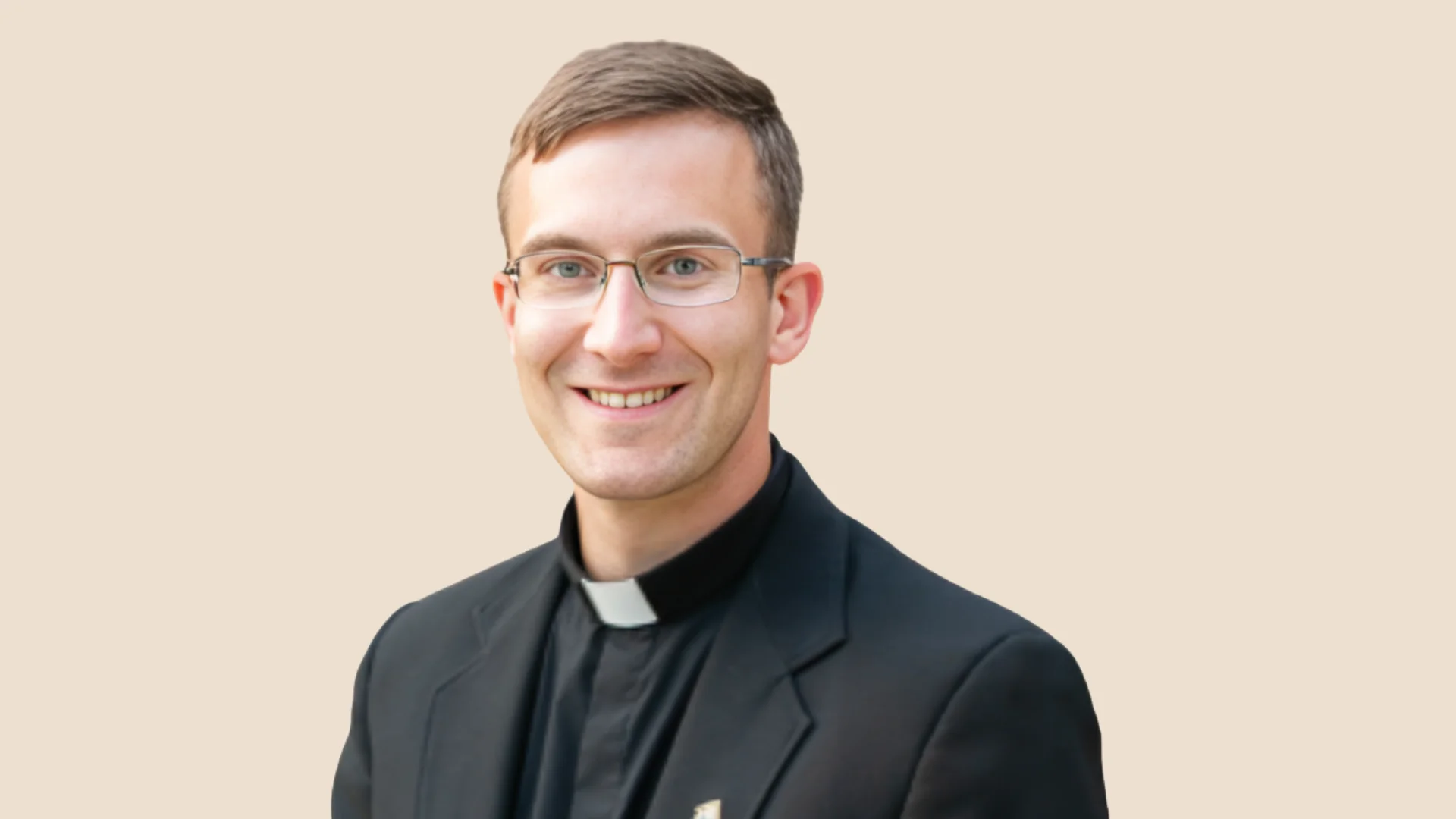
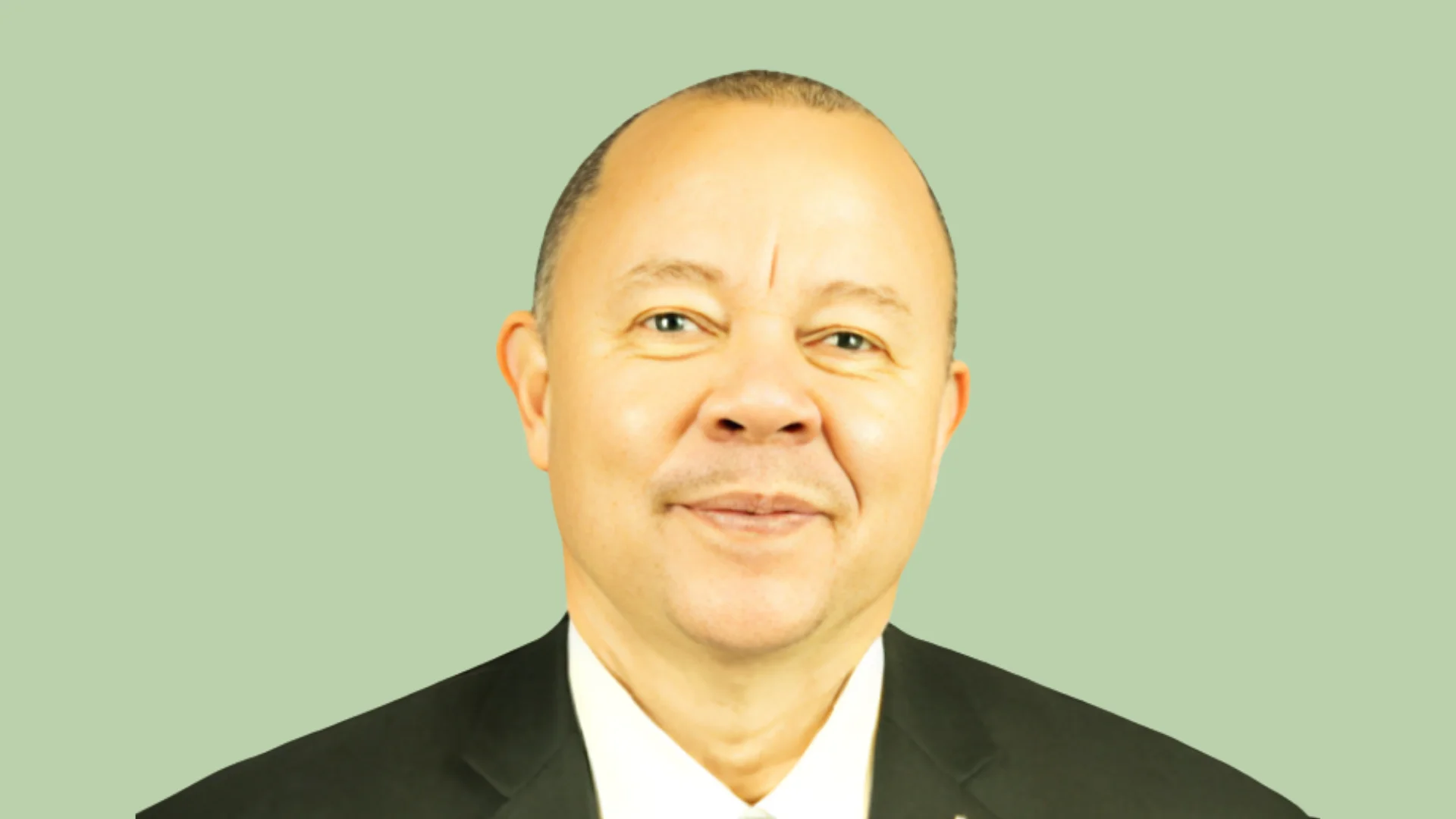
 Alerts Sign-up
Alerts Sign-up